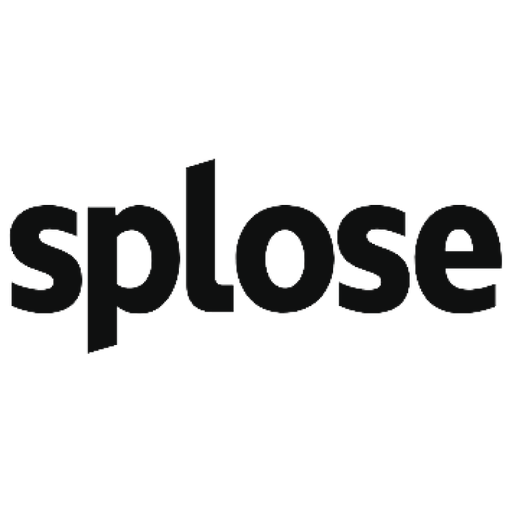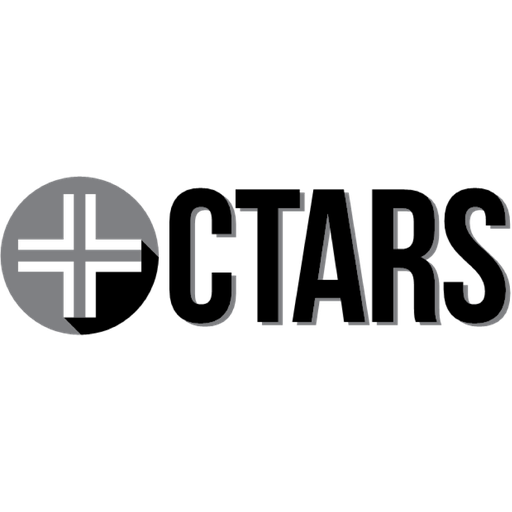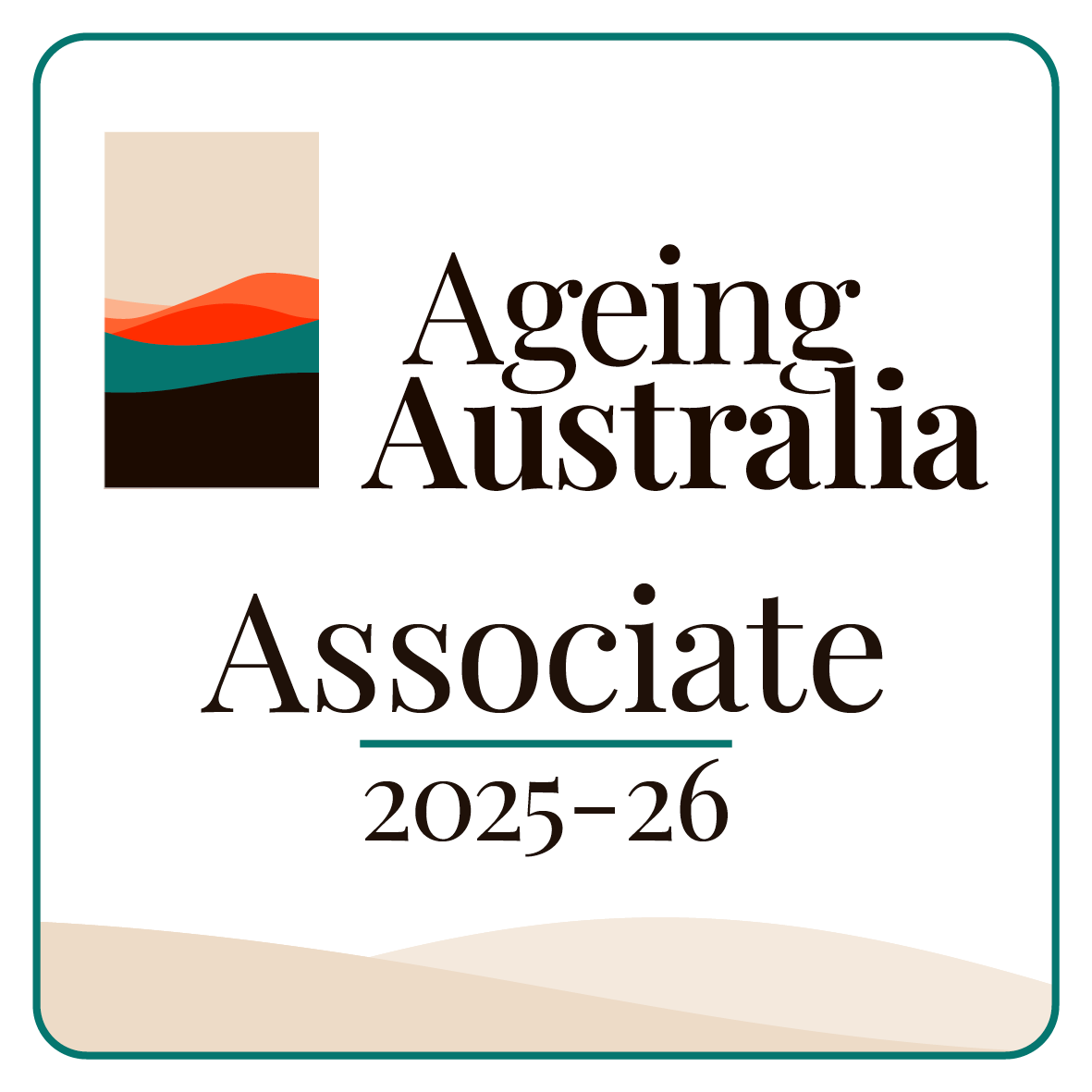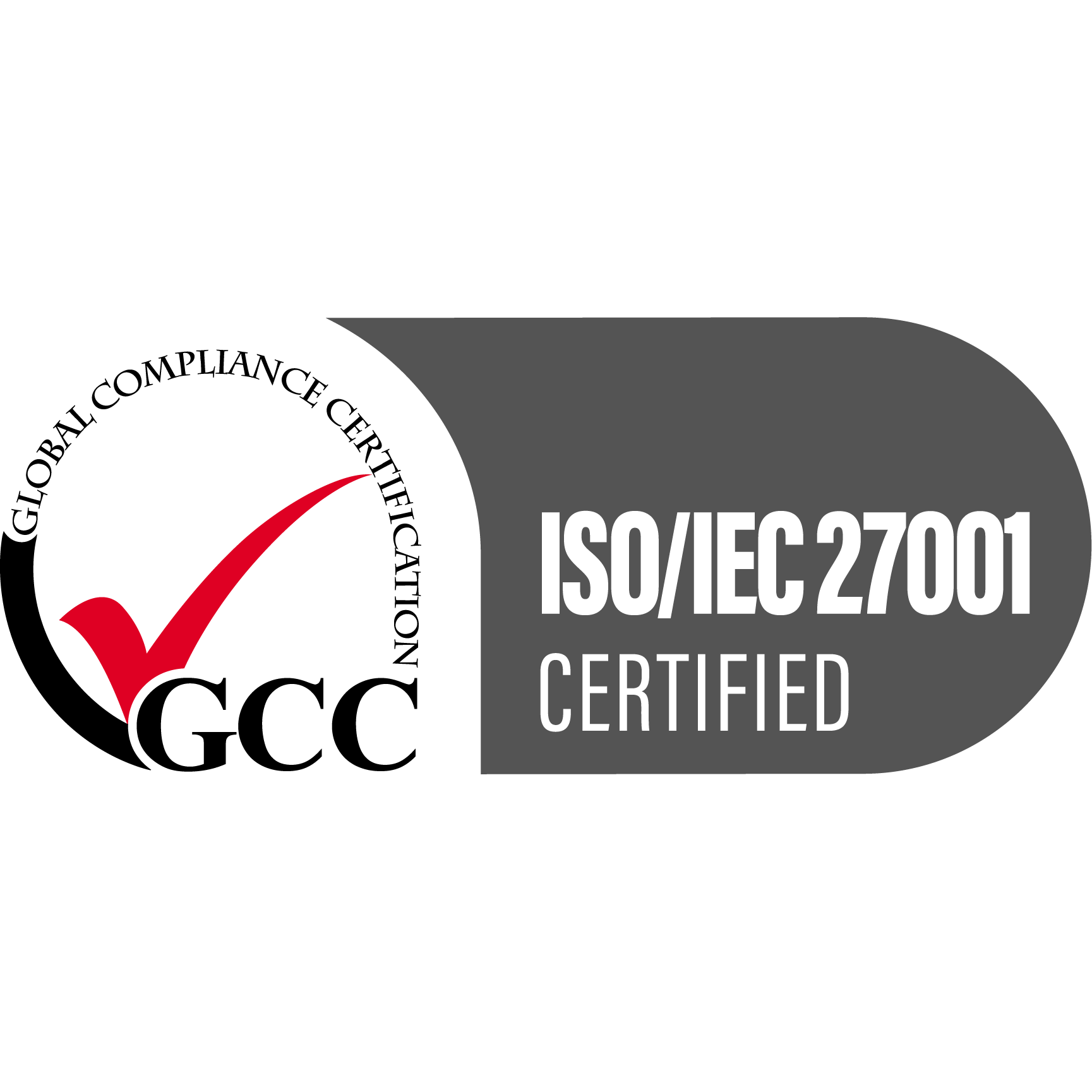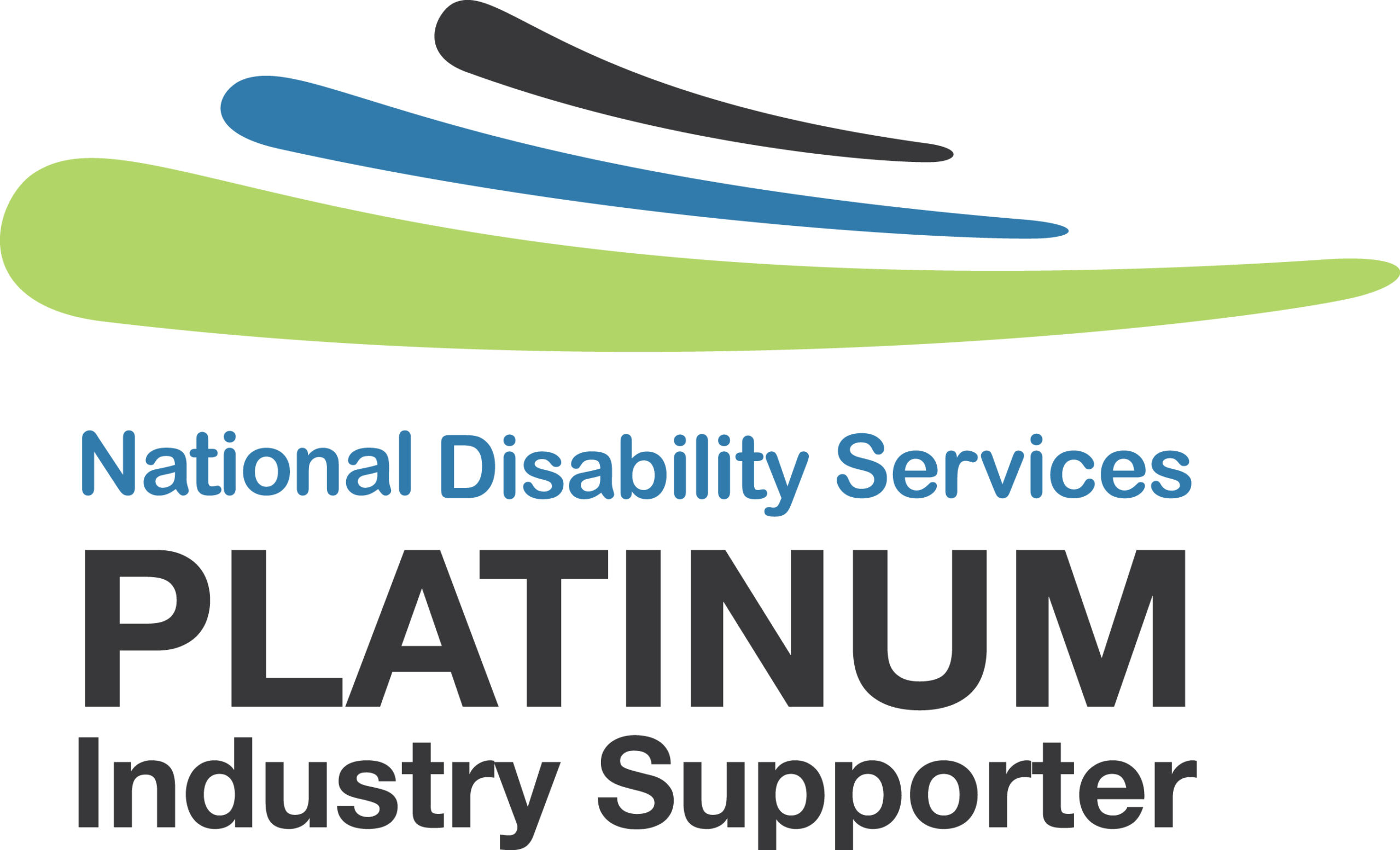The NDIA has introduced sweeping (and rather seismic) changes over the past few years, but the new list of supports perhaps caused the most angst – explicitly stating what services providers can claim for. Goodbye, flexibility.
Keeping pace with these changes can be tricky, so we want to quickly unpack the list – and what’s next – so that you can confidently know what’s in and what’s out, and continue claiming with confidence.
What’s changed?
On 3 October 2024, the NDIS introduced a policy update: NDIS participants may only use their funds for items expressly listed as ‘NDIS supports.’ There’s also a new ‘not funded’ list and a replacement supports list that allows limited exceptions.
These changes mark a significant regulatory shift that the NDIA states is aimed at promoting transparency and consistency. Simply, it’s their attempt at removing any doubt and curbing spending to make the scheme more sustainable.
What can you claim?
Supports still fall into three categories:
- Core Supports, which help with daily living (e.g., Personal care, transport, consumables, assistance with community participation, etc.).
- Capacity-Building Supports, which is aimed at building independence and achieving goals (e.g., support coordination, employment services, learning, relationships, health and wellbeing, behaviour support, and more).
- Capital Supports, including assistive technology, home or vehicle modifications, and Specialist Disability Accommodation (SDA).
Interestingly, the NDIA has broken these categories down further, noting all the supports that are NDIS supports. This list is unsurprising, although it is helpful to have it clearly defined. You can read the list here.
Importantly, these supports must continue to meet the ‘reasonable and necessary’ criteria: they must relate to the person’s disability, be ‘value for money’, effective, and not be able to be delivered by mainstream or informal supports. In short, they must still align with a participant’s NDIS goals.
What can’t you claim for?
This is where things become a little bit more concrete, with the NDIA working to remove any vagueness or doubt. The ‘out’ list is where the real changes lie.
Funding cannot be used for:
- Non-NDIS supports, including general daily living costs like groceries, rent, utilities—not tied to disability-related needs.
- Supports that are illegal, or that pose harm or risk to participants or others.
- Sexual services or sex work, alcohol or drugs, income replacement, event tickets, or vacations.
- Supports that aren’t ‘evidence based’, including alternative therapies.
- Services appropriately funded by other systems (health, education, mainstream services).
Is there any flexibility?
In some cases, replacement supports might apply—allowing a non-listed item to be funded if it’s approved in writing and provides better value or outcomes than a standard household item. You can read more here.
Such items might include standard commercially available household items where they reduce the need for a support worker or disability specific assistive technology, or a smart watch if it supports communication and accessibility needs.
What does all this mean for you?
When accepting new participants or reviewing plans, ensure the supports you’re delivering are listed as fundable, and cross-reference with the NDIS Support Catalogue and Pricing Arrangements for item numbers and definitions. This is particularly important when it comes to the NDIA’s new debt-raising policies.
We strongly encourage you to keep checking NDIA guidance, attend updates, and share learnings across your team—especially as the NDIS transitions to full implementation of these rules.
If you’d like help implementing training content for your team, just let us know!






